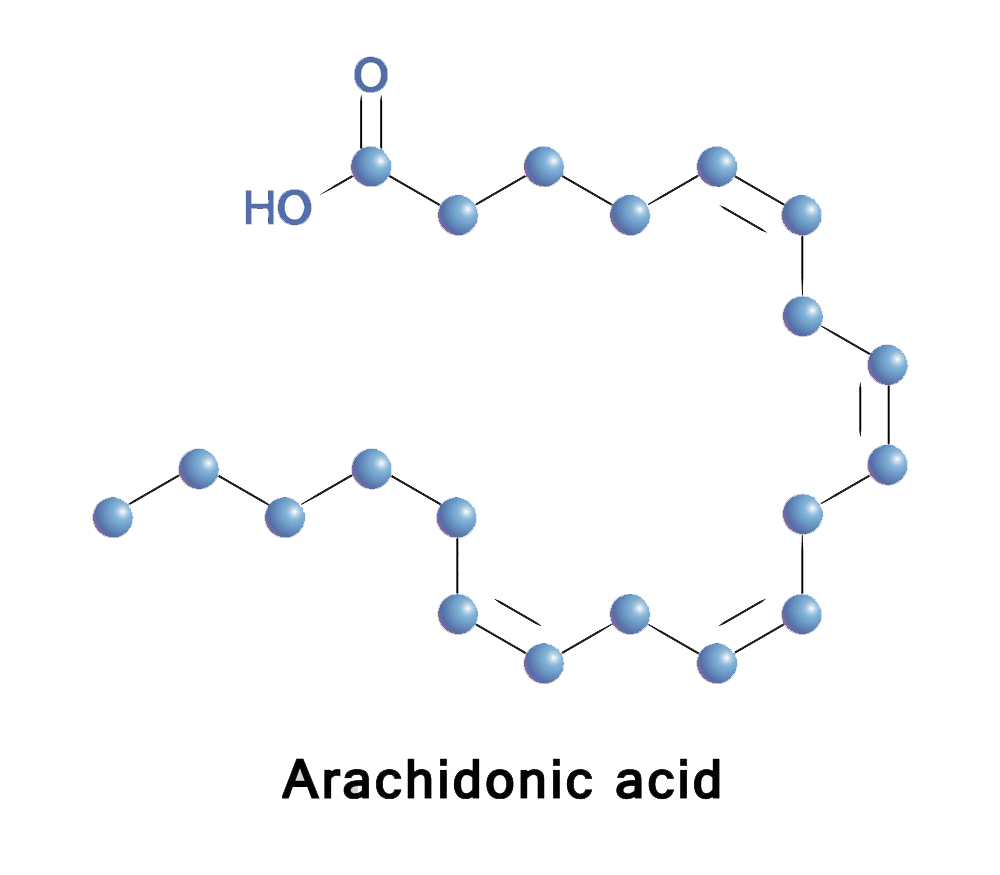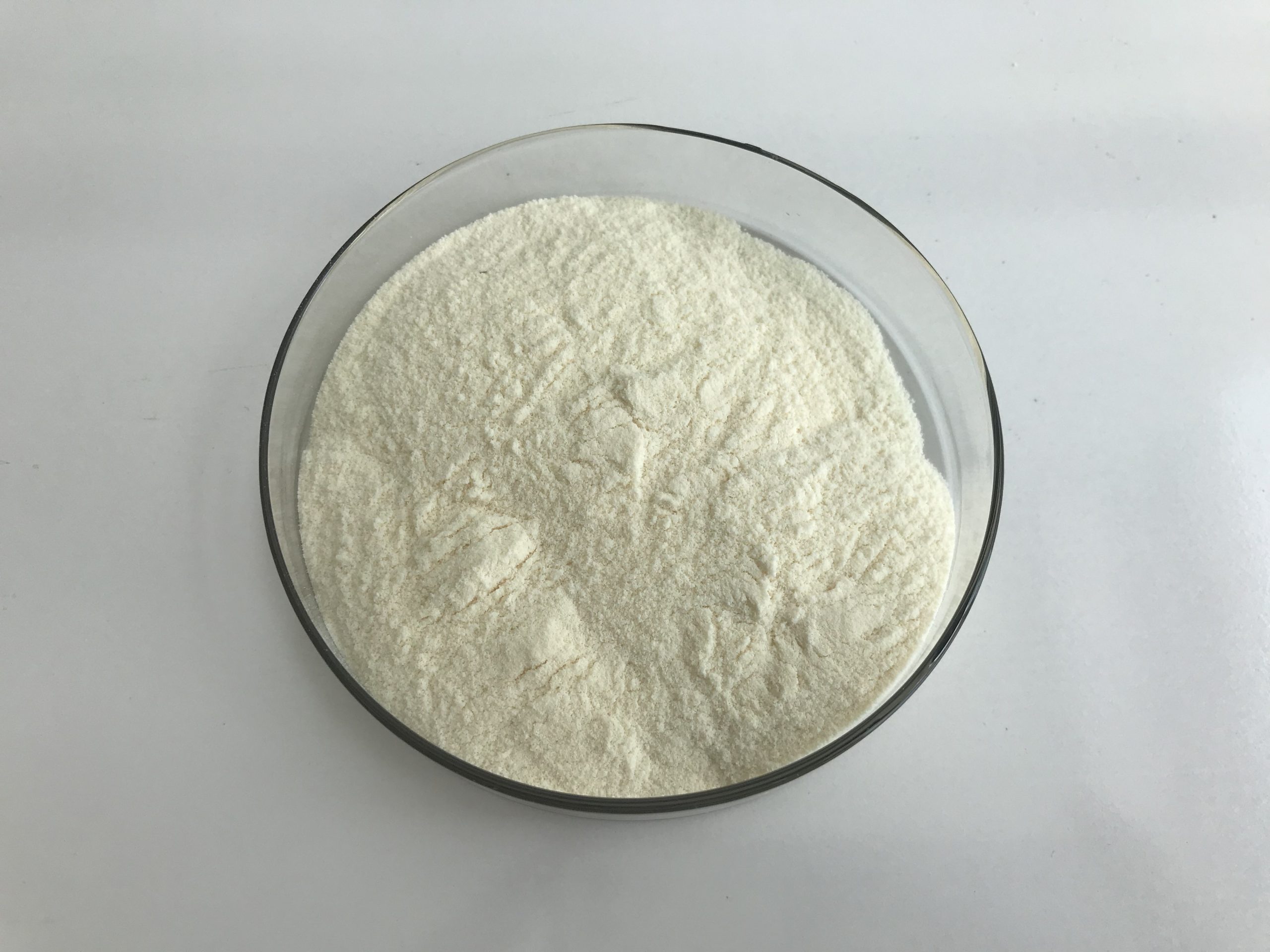Arachidonic Acid (AA) is an essential omega-6 fatty acid that plays a crucial role in various physiological processes within the body. It is obtained through the diet from sources like meat, eggs, and certain vegetable oils. Once ingested, AA serves as a precursor for various bioactive compounds called eicosanoids, which act as signaling molecules and regulate numerous physiological functions. Here are some of the functions and benefits of Arachidonic Acid:

Eicosanoid production: Arachidonic Acid is converted into eicosanoids, such as prostaglandins, thromboxanes, and leukotrienes, through enzymatic reactions. These eicosanoids are involved in the regulation of inflammation, blood clotting, immune response, and blood vessel dilation.
Inflammatory response: While inflammation is a natural defense mechanism, excessive or chronic inflammation can lead to various health issues. Arachidonic Acid-derived eicosanoids, particularly prostaglandins and leukotrienes, play a role in the initiation and regulation of the inflammatory response.
Immune system function: Arachidonic Acid influences immune function by promoting the production of immune system mediators like cytokines, which are involved in immune cell communication and coordination during an immune response.

Brain health: Arachidonic Acid is a key component of cell membranes in the brain and is involved in signal transmission between neurons. It is also associated with cognitive functions and memory.
Muscle growth and repair: Arachidonic Acid has been linked to muscle protein synthesis, which is essential for muscle growth and recovery after exercise or injury.
Skin health: Arachidonic Acid contributes to maintaining the integrity of the skin barrier and promoting the repair of damaged skin cells. It is also involved in the regulation of skin inflammation.
Cardiovascular health: Eicosanoids derived from Arachidonic Acid can affect blood clotting and blood vessel dilation, which can influence cardiovascular health and blood pressure regulation.
Cell signaling: Arachidonic Acid is involved in cell signaling pathways, which help regulate various cellular processes, including growth, proliferation, and apoptosis (cell death).

Vision: Arachidonic Acid is a component of the retina, where it plays a role in supporting visual function.
It’s important to note that while Arachidonic Acid is essential for various physiological functions, excessive intake or imbalance in the ratio of omega-6 to omega-3 fatty acids in the diet has been associated with increased inflammation and certain health conditions. Therefore, maintaining a balanced diet with an appropriate ratio of omega-6 to omega-3 fatty acids is crucial for overall health. As with any dietary component, it’s always best to consult with a healthcare professional or a registered dietitian before making significant changes to your diet or supplementation.
